Ding Hao: The Post-’00 Champion

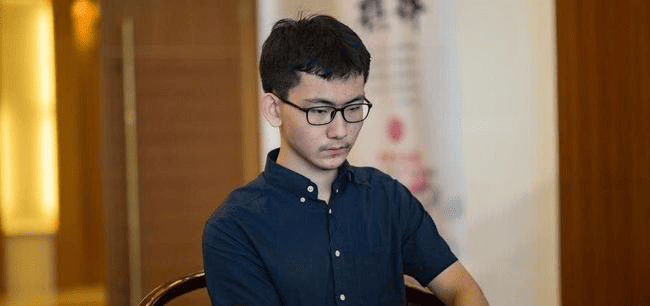
Ding Hao’s meteoric rise has captivated fans and pundits alike, not just for his undeniable skill but for his modern attitude towards the game. His quiet demeanor and candid reflections on his journey may draw parallels to a modern-day swordsman, perhaps not armed with a weapon but with a talent for precision and an unyielding focus. But in today’s Go world, what’s the difference?
Born in 2000, Ding Hao had a modest early career plagued by uncertainty. Ding began studying Go at age seven and qualified as a pro by age thirteen, but little was heard from him after this milestone. Limited by his family’s financial position and a lack of resources in his home city of Datong, Shanxi Province, he had to overcome challenges that had seen the end of many careers. Commenting on this time of instability, he has said that he often considered leaving Go altogether. However, the same tenacity that compelled him to stay would soon become evident in his games.
Winning his first major title in the 2019 CCTV Cup, he wouldn’t secure another title win until the 2021 GBA Cup. In this same year, he would see his rank jump to 8p, with his final promotion to 9p following soon after. Like a shounen protagonist, when he finally came on the Go scene, it was with a bang. He went on to win the 2021 Guoshou Tournament, 2021 Changqi Cup, 2022 GBA Cup, and 2023 Samsung Cup, as of the date of this article.
Ding Hao now ranks as the top Chinese professional and third top international professional. Iconically, having been born at the turn of the century, he has become known as the post-’00 champion of China and the face of Gen-Z Go players.
The 2019 CCTV Cup
As one of the longest running modern championships in China, the CCTV Cup features the top talent from across the nation. At 6p and with no titles of his own, Ding Hao stood alongside the likes of Ke Jie, Li Xuanhao, and Yang Dingxin.
After winning several games by resignation, Ding faced off against Xu Jiayang in the final. With Xu having won two major youth championships by the time of this match, and outranking him at 8p, it seemed as though the odds were stacked against Ding.
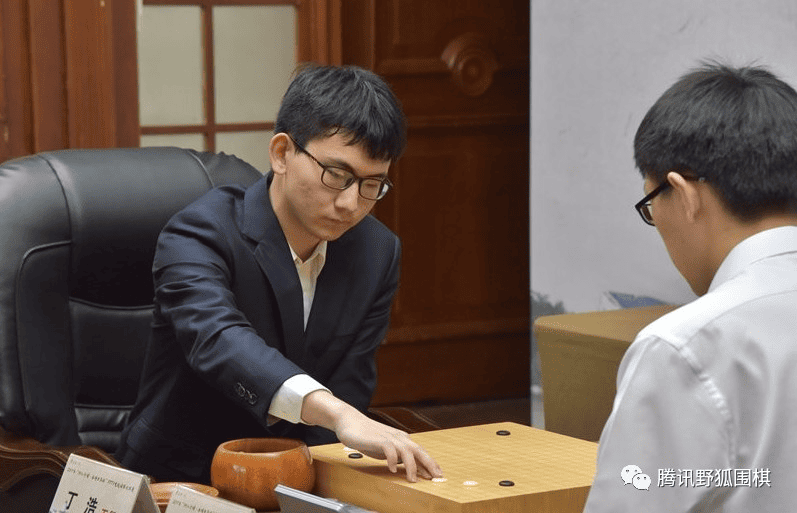
With the CCTV Cup acting as the qualifying tournament for the Asian TV Cup, an international tournament where China, Korea, and Japan face off, players often experience a tremendous amount of pressure to present their best game. Although both the winner and the runner-up would advance, winning the title remains a point of pride for young players like Ding and Xu to establish themselves and prove their merit.
Ding took White and Xu Black, with the match starting off slowly and both players settling into a conservative exchange of points. This exemplifies Ding’s strong suit, elegantly avoiding risky positions and dangerous kos he was able to maintain control of the board for the majority of the game. With a calculated coup de grâce, Ding ultimately won by a razor sharp margin of half a point.
Both Ding and Xu went on to play in the Asian TV Cup, now with the added pressure of significant time constraints. Ding came out victorious against Ichiriki Ryo and Kim Jiseok, earning his seat against Shin Jinseo in the final. But as Ding would later comment, time control remains his greatest weakness and when faced against the world’s reigning champion, he succumbed. Ding was eventually overpowered and forced to resign, with Shin winning the title.
The 2023 Samsung Cup
The 2023 Samsung Cup was Ding’s most recent tournament. Here, he went up against leading players like Park Junghwan 9p, but nevertheless managed to hold his own. This tournament was also a particularly impressive upset as Shin Jinseo 9p, the top ranked player in the world and winner of the last Samsung Cup, was eliminated in round three by Xie Erhao 9p. In the final, Ding was up against Xie in a three round match. Ding won the first and Xie won the second, leaving everything at stake in the last game of the tournament.
However, at this point Ding had won several major championships and proven his prowess beyond a doubt. Like many of his other games, Ding maintained a consistent exchange of points throughout. But the intensity of the match was palpable. Within the first 50 moves, a battle ensues for the life of White’s top right group, leading to a crawl likely inspired by AI training. Despite Xie’s aggressive plays and knack for making eyes in the tightest positions, as seen in his development of the upper left group, Ding Hao again managed to win by half a point.
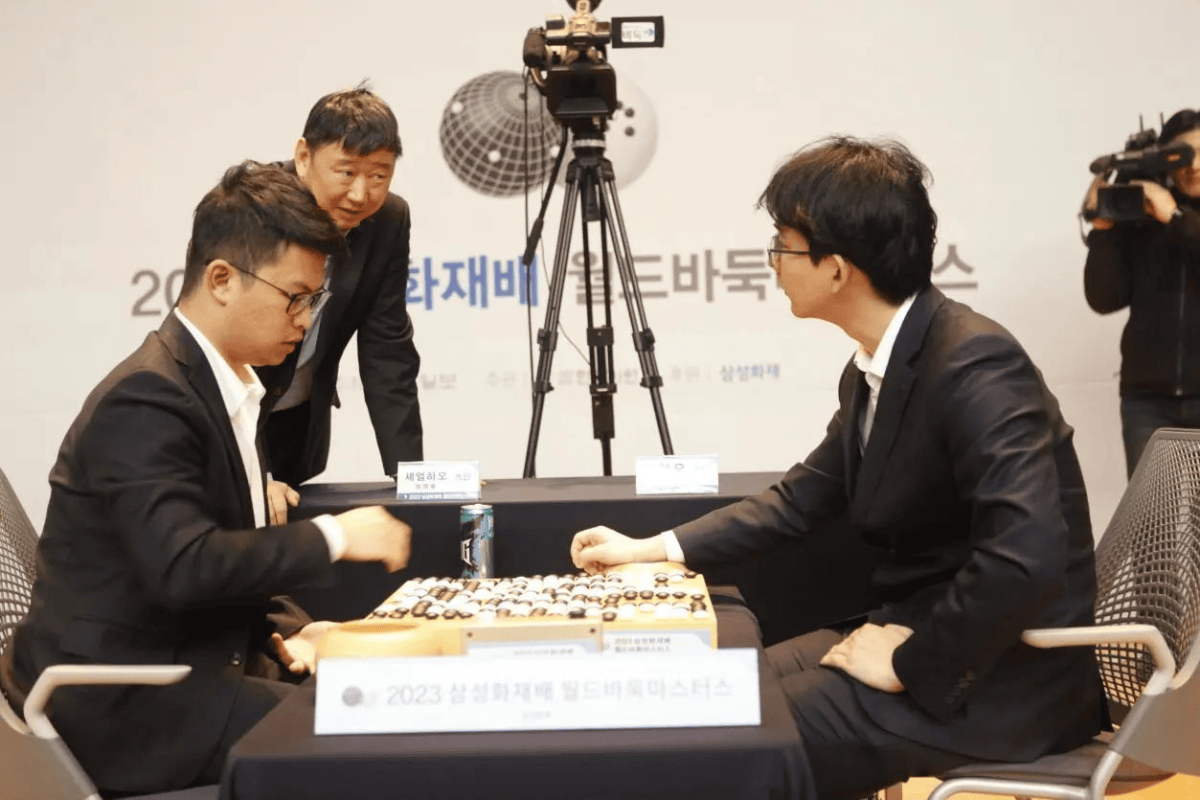
This tournament was perhaps the best exhibition of Ding’s skills and his ability to stay on par with other leading Go players on an international stage.
The Face of Post-’00 Go
As previously mentioned, after years in obscurity unable to secure any titles, Ding Hao has been propelled to the upper echelons of the Go world. As the new leading Go player of China, he has only just begun to make a name for himself, but his career is likely far from its prime.
For most of Go’s history, players were only known to the public through game records and dubious anecdotes, but that’s no longer the case. To get a better feel for Ding’s personality, you would only need to visit his blog on Weibo. With over 150,000 followers, which would put many influencers to shame, Ding shares his passions. In a somewhat ironic twist, he’s an adamant lover of both Go and AI technology. Enthusiastically embracing the rise of AI tools in writing, photography, and of course, Go training, it’s evident he holds no animosity to the tech revolution sweeping the Go world. An optimism fitting for a professional of the new generation of Go players.
Interestingly, Ding has become something of a minor celebrity in his own right. A reflection of Go’s persisting popularity in the twenty-first century, Ding has appeared in many mainstream international publications. In my research I came across a curious instance of this when I found him in one of the most unlikely places.
His most beautiful and compelling feature would likely be his spread in Harper’s Bazaar China, a mostly fashion oriented magazine. Although the profile they present is brief, they picture Ding in all the glory of a top Go player. Sitting amongst falling Go stones, a piece grasped in his fingertips, Ding holds a steady focused gaze forward.
Undoubtedly an embodiment of his emerging style.
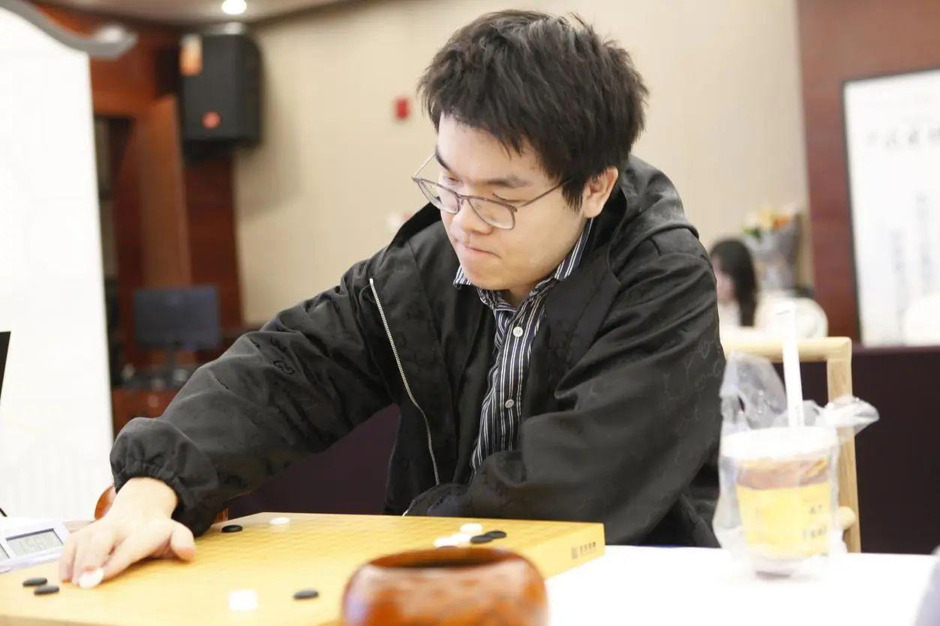
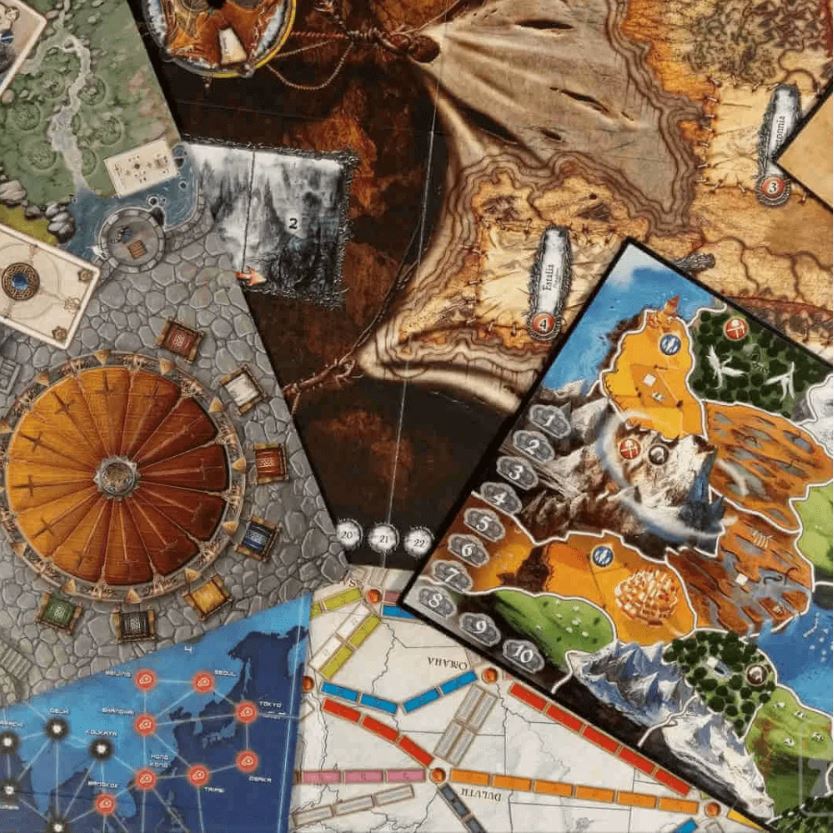
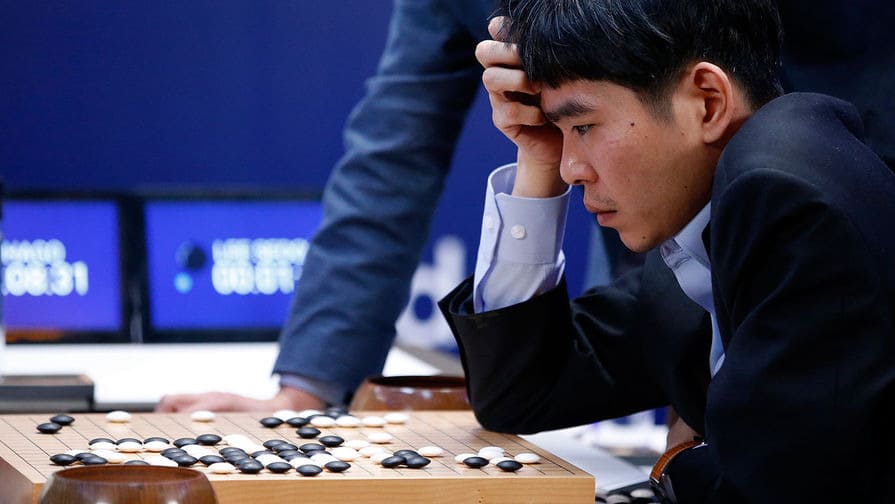
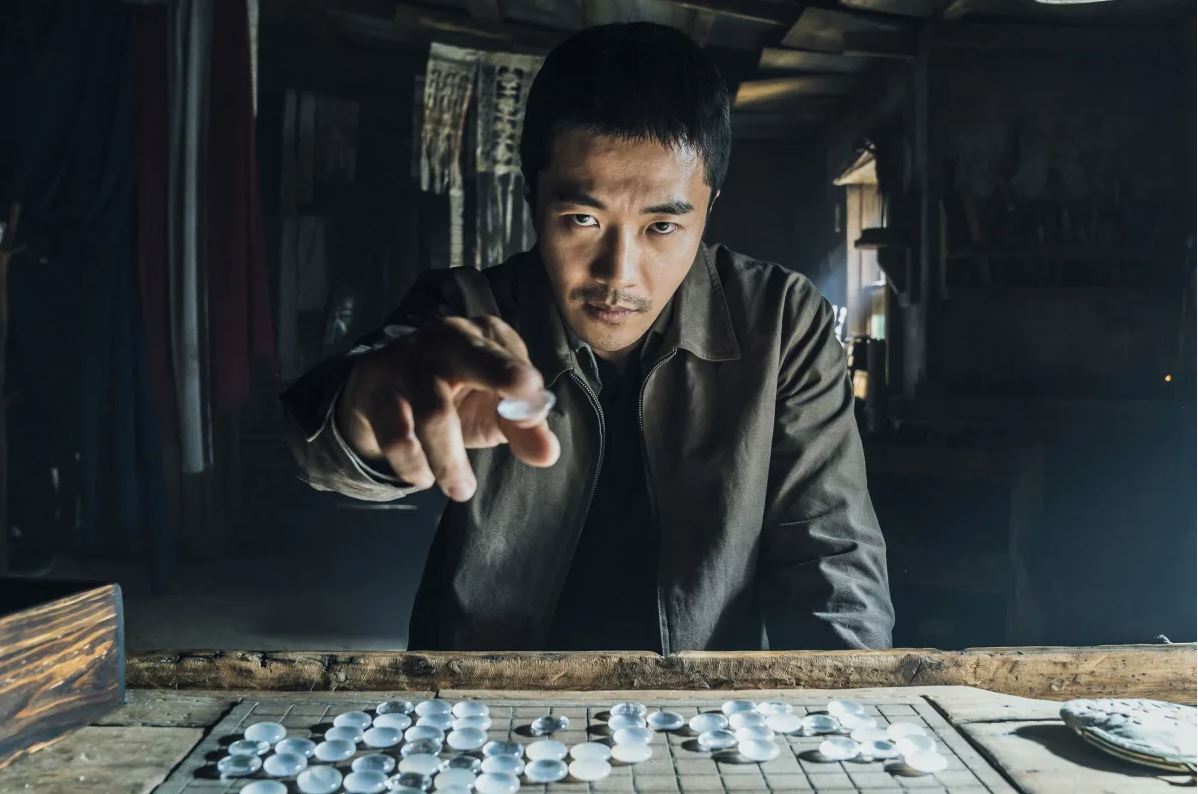
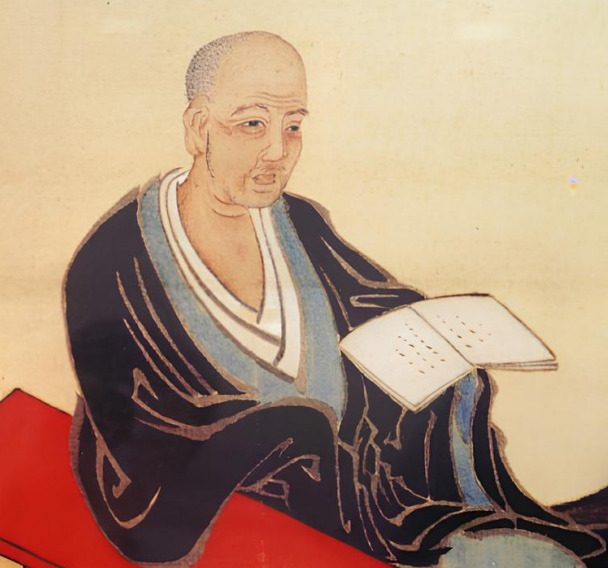
Thanks for the information article. Ding Hao is one of my favorite next gen players. I hope he will become even more successful in the future.
Awesome article. The author writes very well, thank you.